Heat pump service in Helena ensures your system operates efficiently year-round. Regular maintenance keeps your home comfortable and saves money on energy bills. Professional technicians can identify and fix potential issues before they become costly problems.
You rely on your heat pump for both heating and cooling, so proper care is essential. Scheduling annual tune-ups helps extend the lifespan of your equipment. Technicians clean components, check refrigerant levels, and optimize performance.
Don't wait for your heat pump to break down before calling for service. Preventative maintenance gives you peace of mind and avoids inconvenient breakdowns. Helena's hot summers and cold winters put extra strain on heat pumps, making routine service even more important.
Understanding Heat Pumps
Heat pumps offer an efficient and versatile solution for heating and cooling your home. These systems can provide year-round comfort while potentially reducing your energy costs.
Types of Heat Pumps
Air-source heat pumps are the most common type. They transfer heat between your home and the outside air. These units are suitable for moderate climates and can be installed as ductless mini-splits or central systems.
Ground-source (geothermal) heat pumps use the earth's constant temperature to heat and cool your home. While more expensive to install, they offer superior efficiency and longevity.
Water-source heat pumps work similarly to geothermal systems but use a body of water instead of the ground. These are ideal if you have access to a suitable water source on your property.
How Heat Pumps Work
Heat pumps operate on a simple principle: they move heat rather than generate it. In heating mode, the system extracts heat from the outside air, ground, or water and transfers it indoors.
During summer, the process reverses. The heat pump removes warm air from your home and releases it outside, cooling your living space.
This heat transfer is achieved through a refrigeration cycle involving a compressor, condenser, expansion valve, and evaporator. The system circulates refrigerant to absorb and release heat as needed.
Benefits of Using Heat Pumps
Energy efficiency is a key advantage of heat pumps. By moving heat rather than creating it, these systems can provide up to three times more energy than they consume.
Heat pumps offer both heating and cooling in one unit, eliminating the need for separate systems. This can save you space and reduce maintenance costs.
Many heat pumps include advanced features like variable-speed compressors and smart controls. These technologies enhance comfort and allow for precise temperature regulation.
Heat pumps produce fewer emissions compared to fossil fuel-based heating systems, making them an environmentally friendly choice for your home.
Heat Pump Service in Helena
Professional heat pump service is essential for maintaining comfortable temperatures and energy efficiency in Helena homes. Regular maintenance, troubleshooting, and performance enhancements can keep your system running smoothly year-round.
Regular Maintenance
Schedule annual heat pump tune-ups with a qualified local HVAC technician. They'll clean or replace air filters, check refrigerant levels, and inspect electrical connections. Technicians also lubricate moving parts and test thermostat function.
Keep outdoor units clear of debris and vegetation. Trim plants at least 2 feet away to ensure proper airflow. Clean condensate drains regularly to prevent clogs and water damage.
Consider a maintenance plan for priority service and discounts on repairs. Many Helena HVAC companies offer affordable options tailored to your system's needs.
Troubleshooting Common Issues
If your heat pump isn't heating or cooling properly, check the thermostat settings first. Ensure it's set to the correct mode and temperature. Replace batteries if needed.
Strange noises may indicate loose components or failing parts. Shut off the system and call for professional inspection if you hear grinding, squealing, or banging sounds.
Frozen outdoor coils can occur in winter. Use the defrost cycle or gently remove ice with warm water. If the problem persists, contact a technician to check refrigerant levels.
Enhancing Performance with Accessories
Install a programmable thermostat to optimize energy usage. Set different temperatures for various times of day to match your schedule and save on utility bills.
Add a whole-house humidifier to improve comfort during dry Helena winters. Proper humidity levels can make your home feel warmer at lower temperatures.
Consider a zoning system to control temperatures in different areas of your home. This allows for customized comfort and can reduce energy waste in rarely used spaces.
Use air purifiers or UV lights to improve indoor air quality. These accessories can help remove allergens, bacteria, and other pollutants from your home's air.
Choosing the Right Heat Pump Service Provider
Selecting a reliable heat pump service provider is crucial for maintaining your system's efficiency and longevity. Local expertise and specific factors play key roles in making an informed decision.
Factors to Consider
Look for providers with proper licensing and certifications. Check their experience with your specific heat pump model. Read customer reviews and ask for references from Helena, East Helena, and surrounding areas.
Consider response times, especially for emergency services. Compare pricing and warranty options from different companies. Ensure they offer comprehensive services, including installation, maintenance, and repairs.
Ask about their familiarity with local climate conditions. Montana's varied weather can impact heat pump performance, so local knowledge is valuable.
Why Local Expertise Matters
Local providers understand the unique challenges of heat pump operation in Helena and nearby towns.
You'll benefit from faster response times during emergencies. Local technicians can quickly reach your property. These professionals know local building codes and regulations. This ensures your heat pump installation or service complies with all requirements.
Local providers often have established relationships with suppliers. This can lead to quicker parts availability and potentially lower costs for you.
Installation and Replacement
Heat pump installation and replacement are crucial aspects of maintaining an efficient heating and cooling system in your home. Proper installation ensures optimal performance, while timely replacement prevents energy waste and expensive repairs.
Determining When to Replace Your Heat Pump
Heat pumps typically last 10-15 years. Signs it's time for replacement include frequent repairs, rising energy bills, and inconsistent temperatures. If your unit is over a decade old and experiencing issues, replacement might be more cost-effective than repairs.
Consider upgrading if your current system uses outdated refrigerants like R-22. Newer models offer improved energy efficiency and use environmentally friendly refrigerants.
Installation Process
Professional installation is key to maximizing your heat pump's efficiency and lifespan. The process begins with a site assessment to determine the right size and type of heat pump for your home.
Steps include:
- Removing the old unit
- Installing new ductwork if needed
- Placing the outdoor unit on a level surface
- Connecting refrigerant lines
- Installing the indoor air handler
- Wiring the system
- Testing and calibrating the heat pump
Proper installation ensures your system operates at peak efficiency from day one.
Post-Installation Services
After installation, your HVAC technician should provide a walkthrough of your new system. This includes explaining how to operate the thermostat and set optimal temperatures for energy savings.
Regular maintenance is crucial for your new heat pump. Schedule annual check-ups to keep your system running efficiently. These visits typically include:
- Cleaning or replacing air filters
- Checking refrigerant levels
- Inspecting electrical connections
- Lubricating moving parts
Proper care extends your heat pump's lifespan and maintains its energy efficiency, saving you money in the long run.

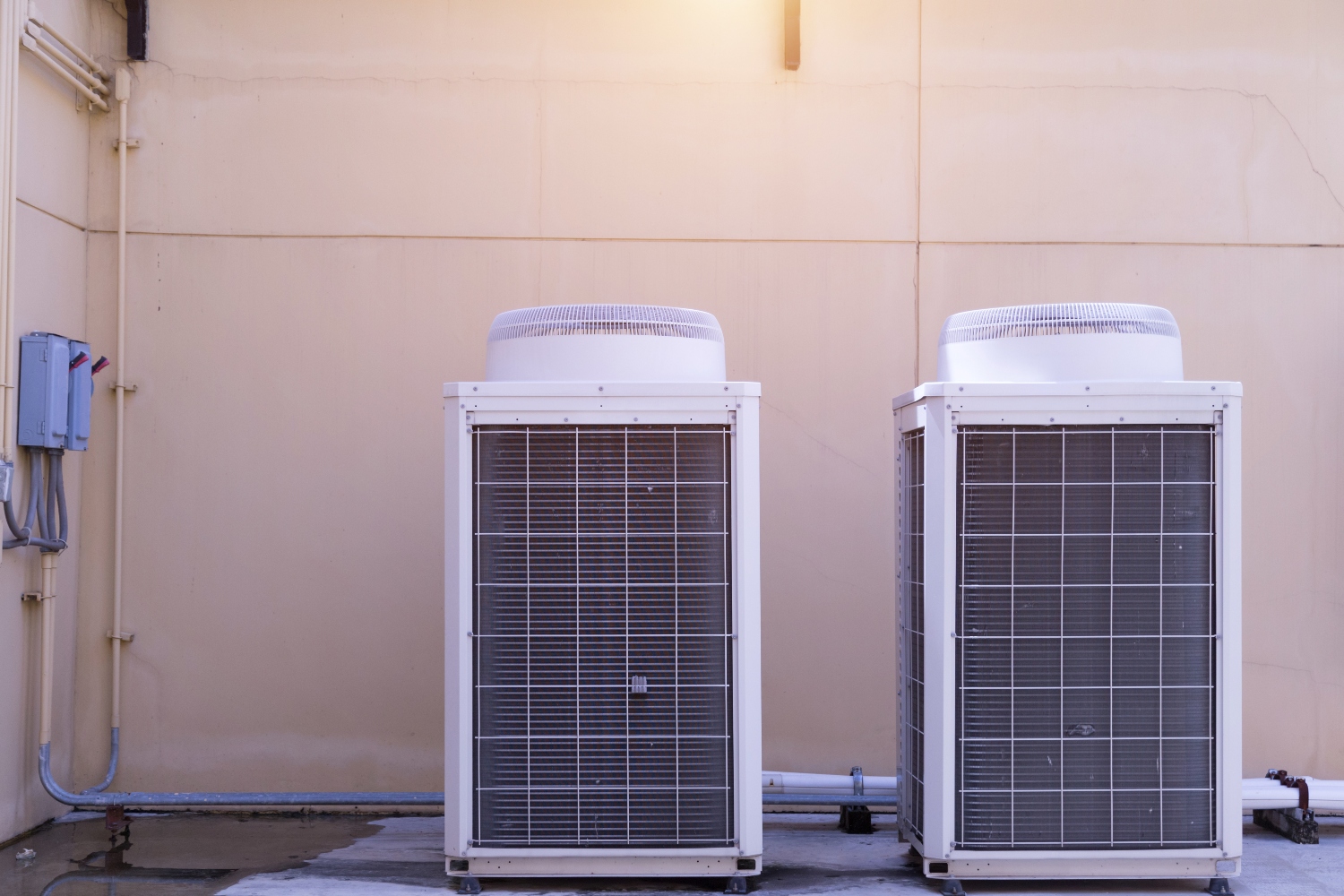
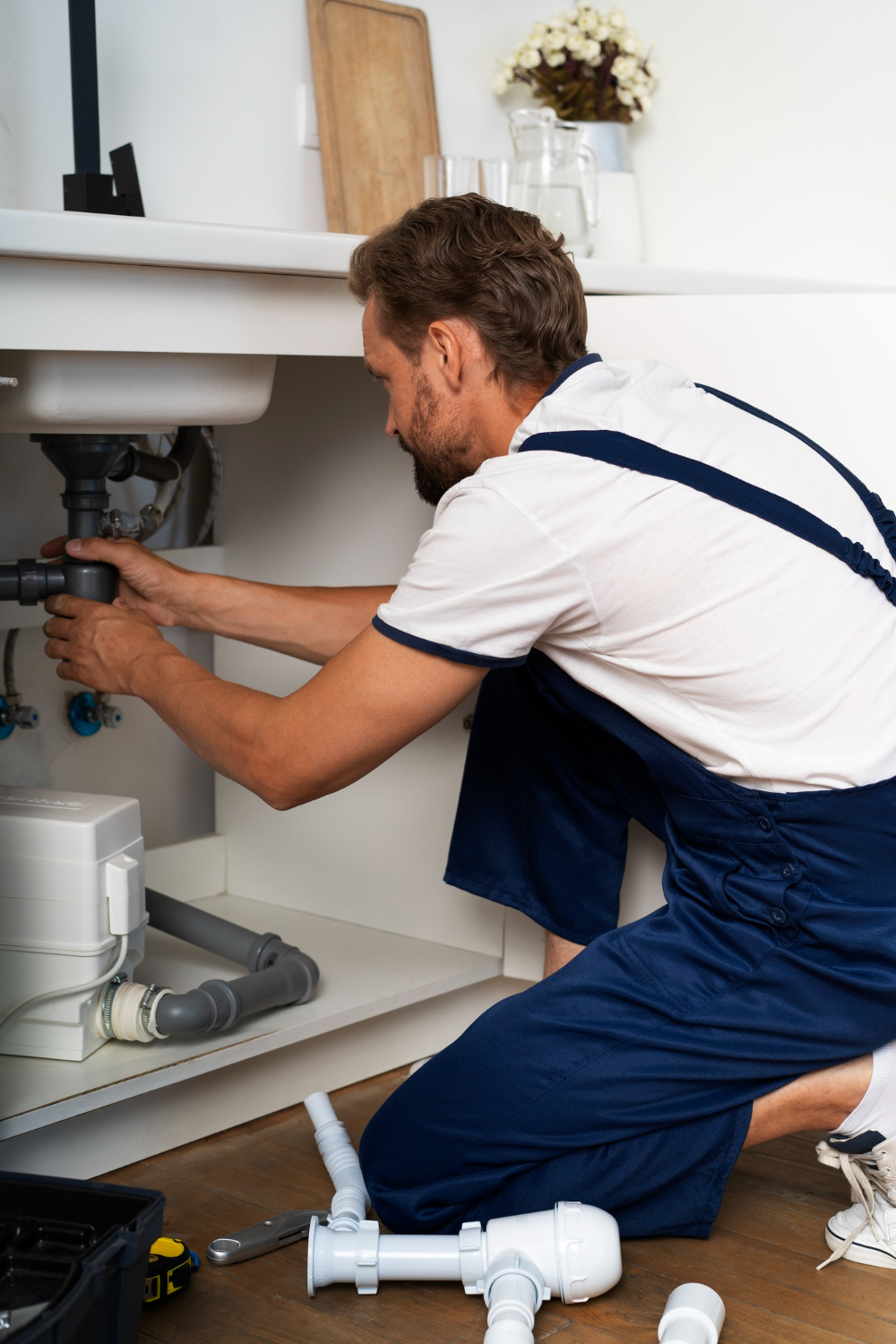
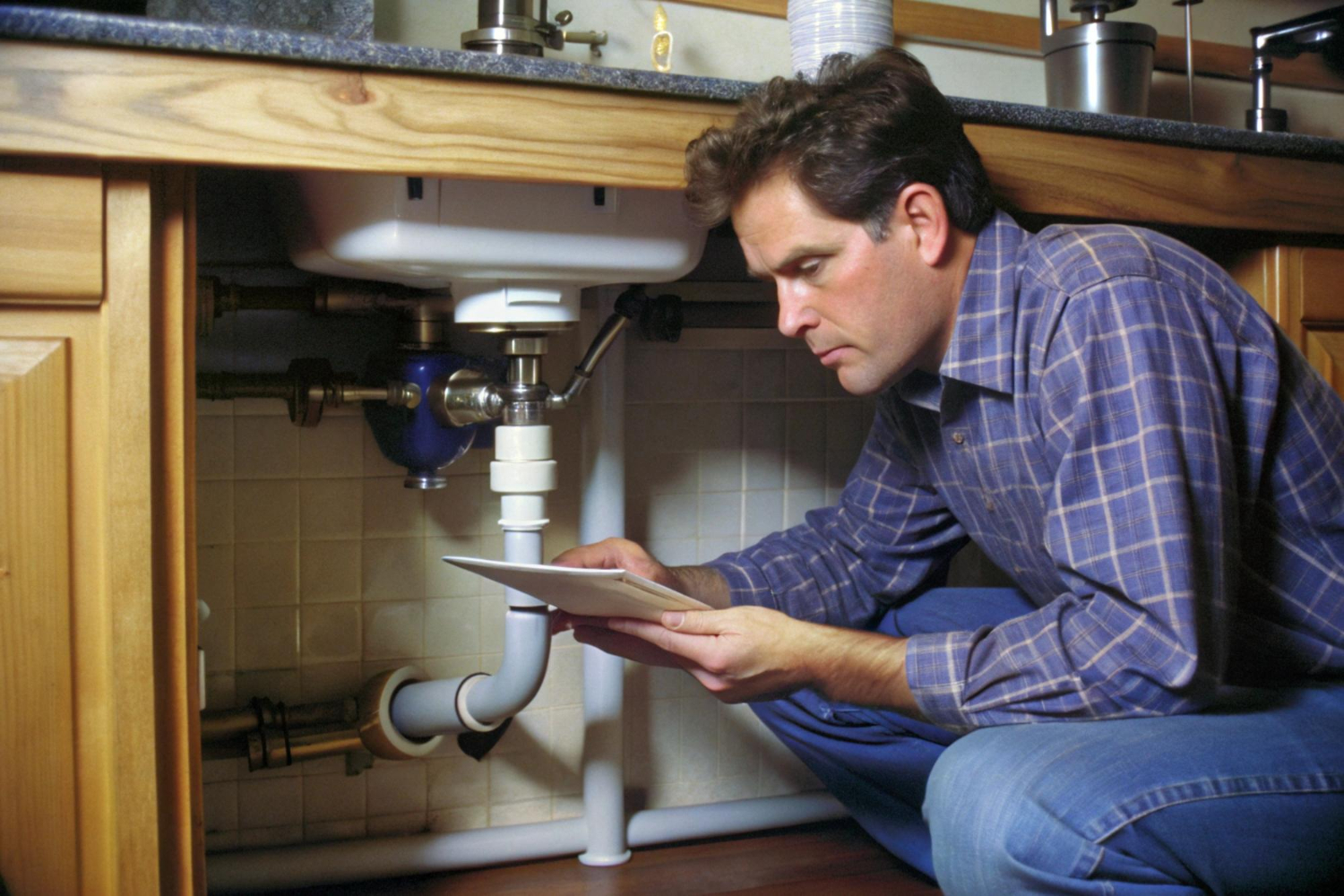
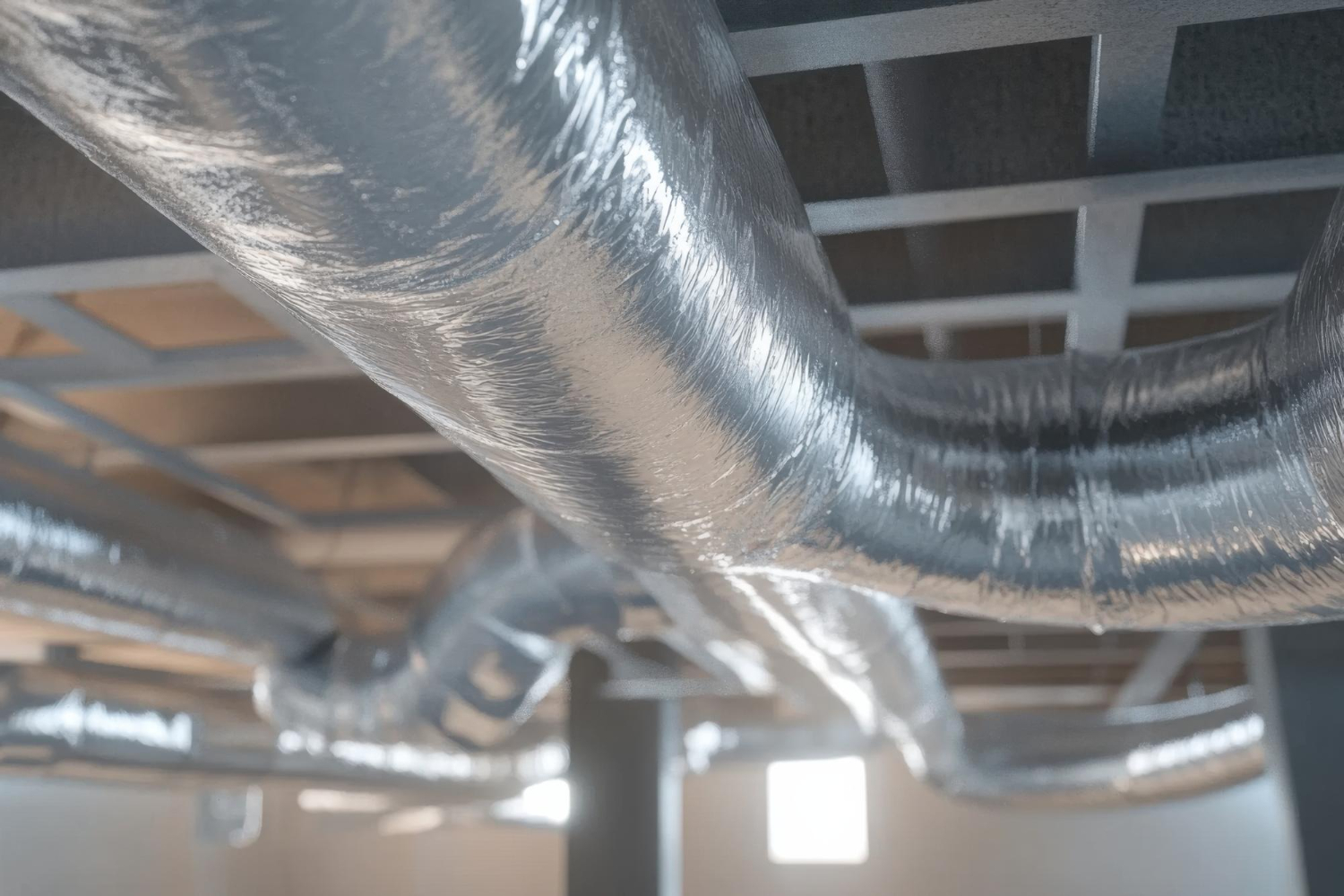
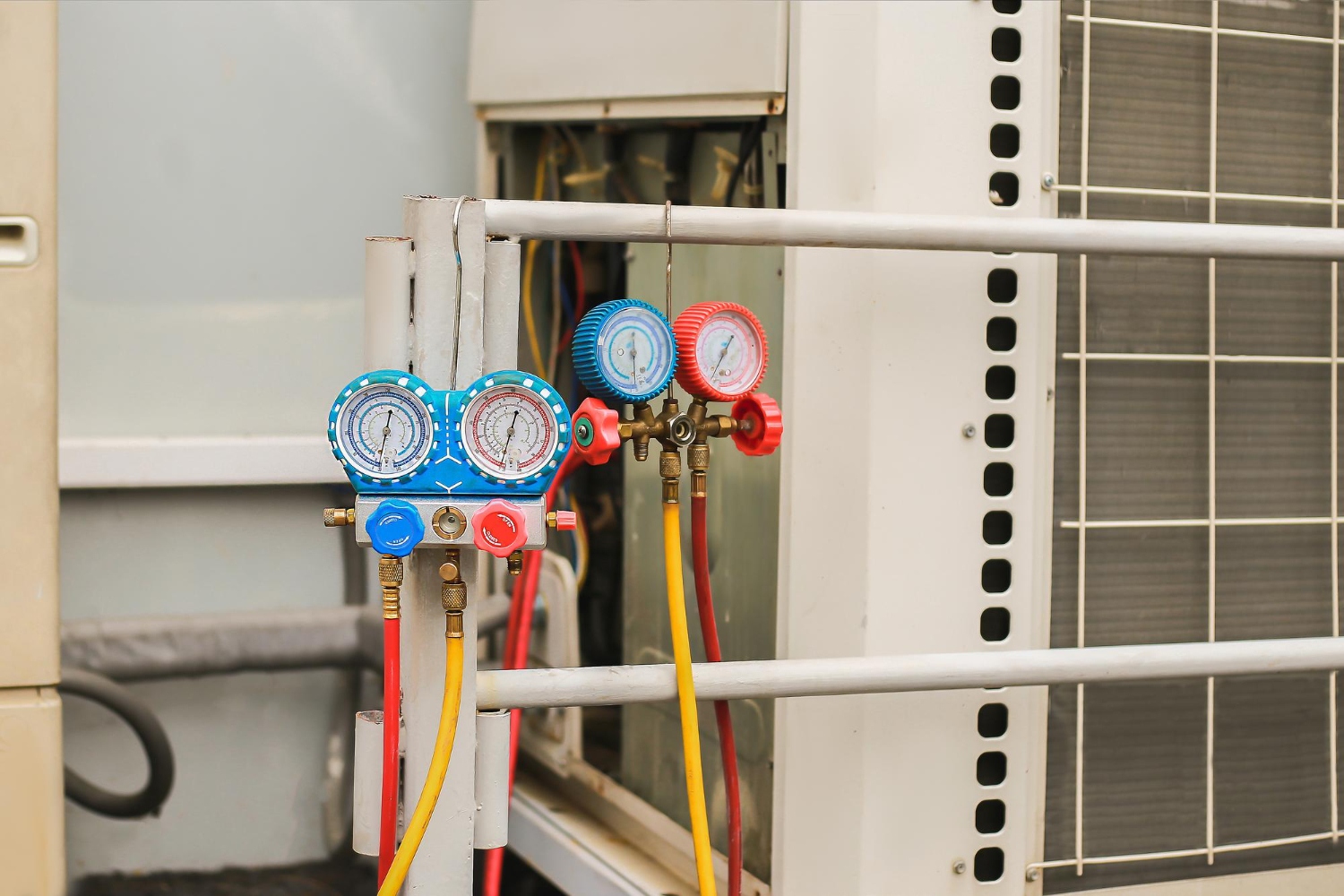
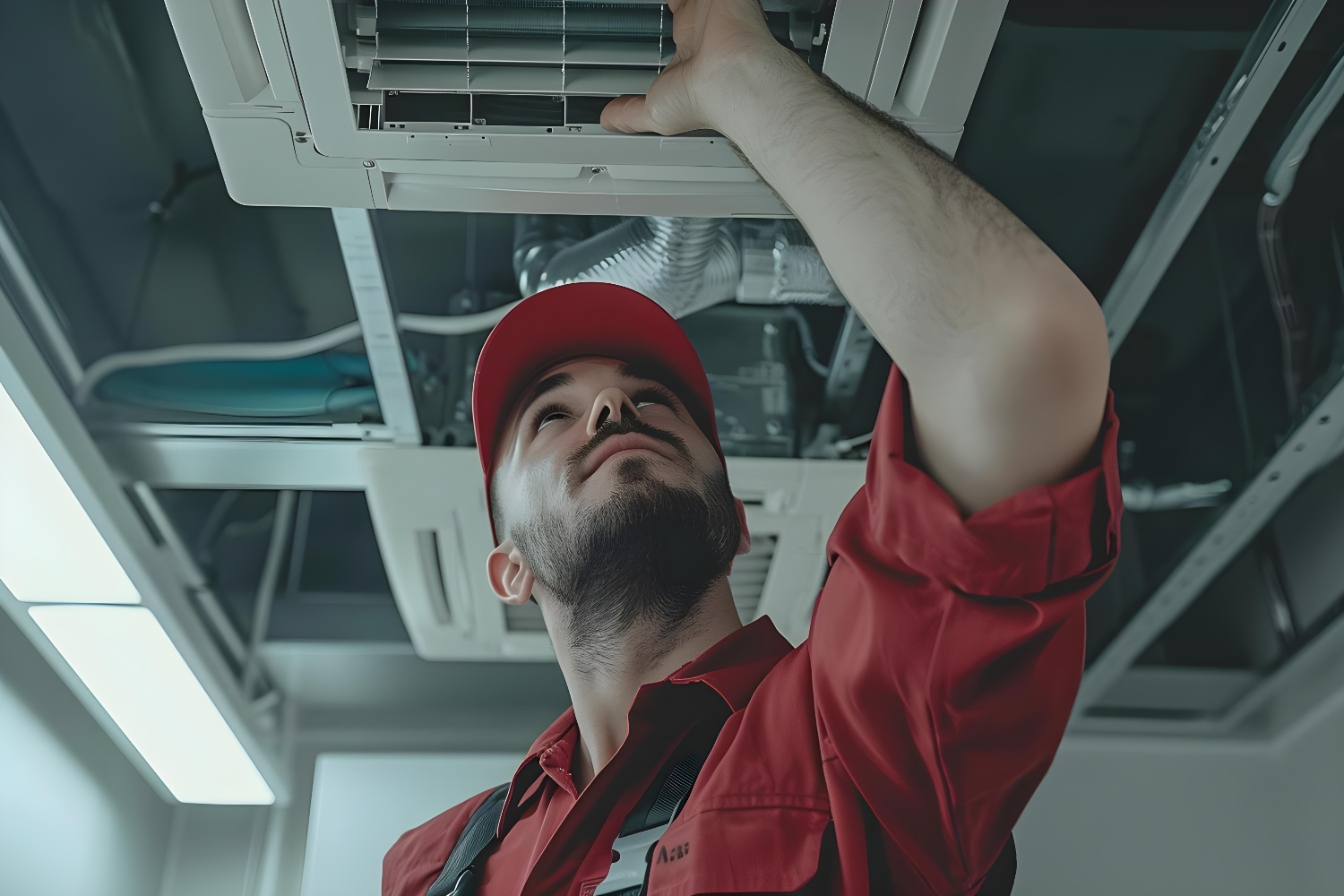
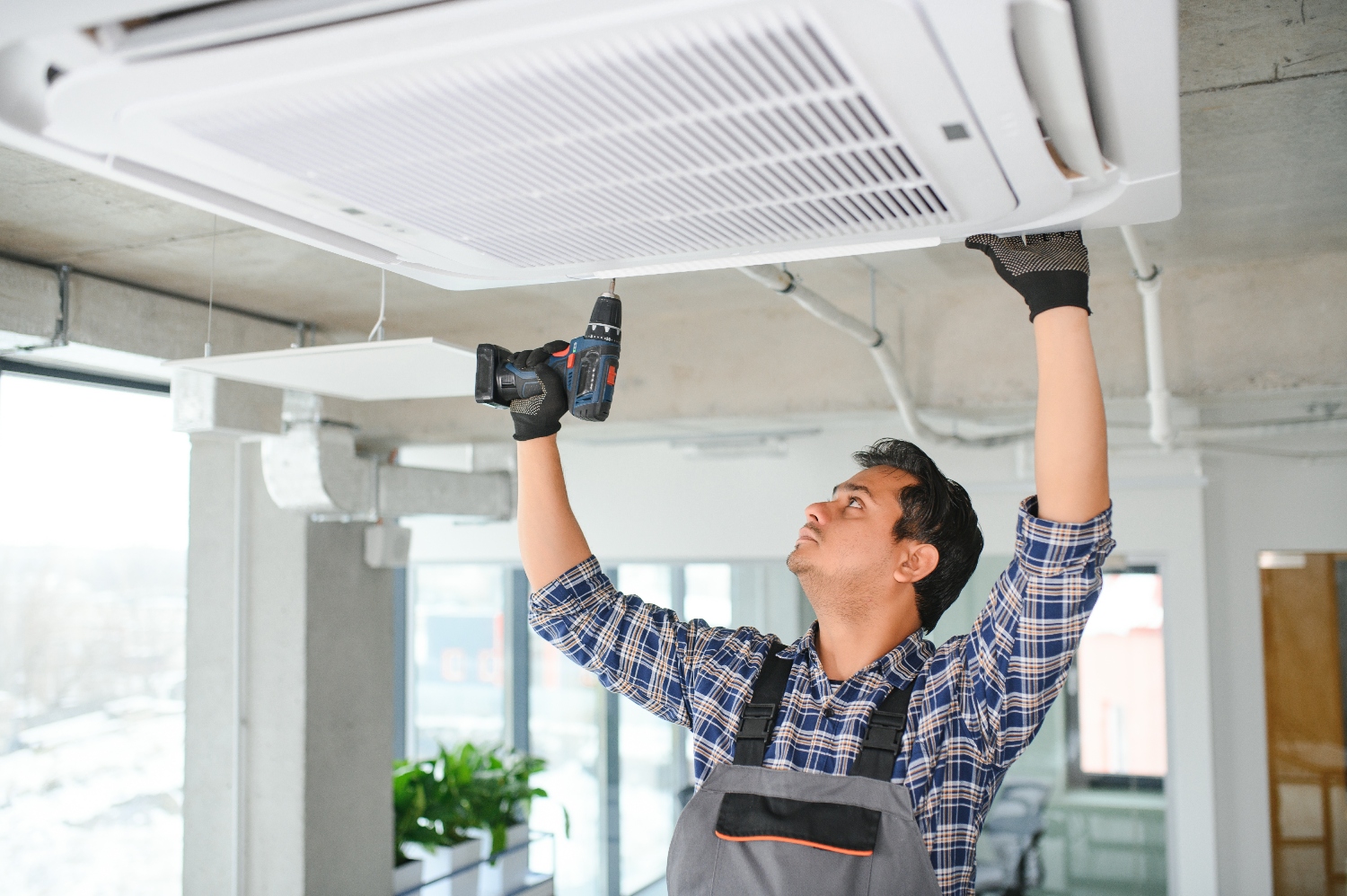
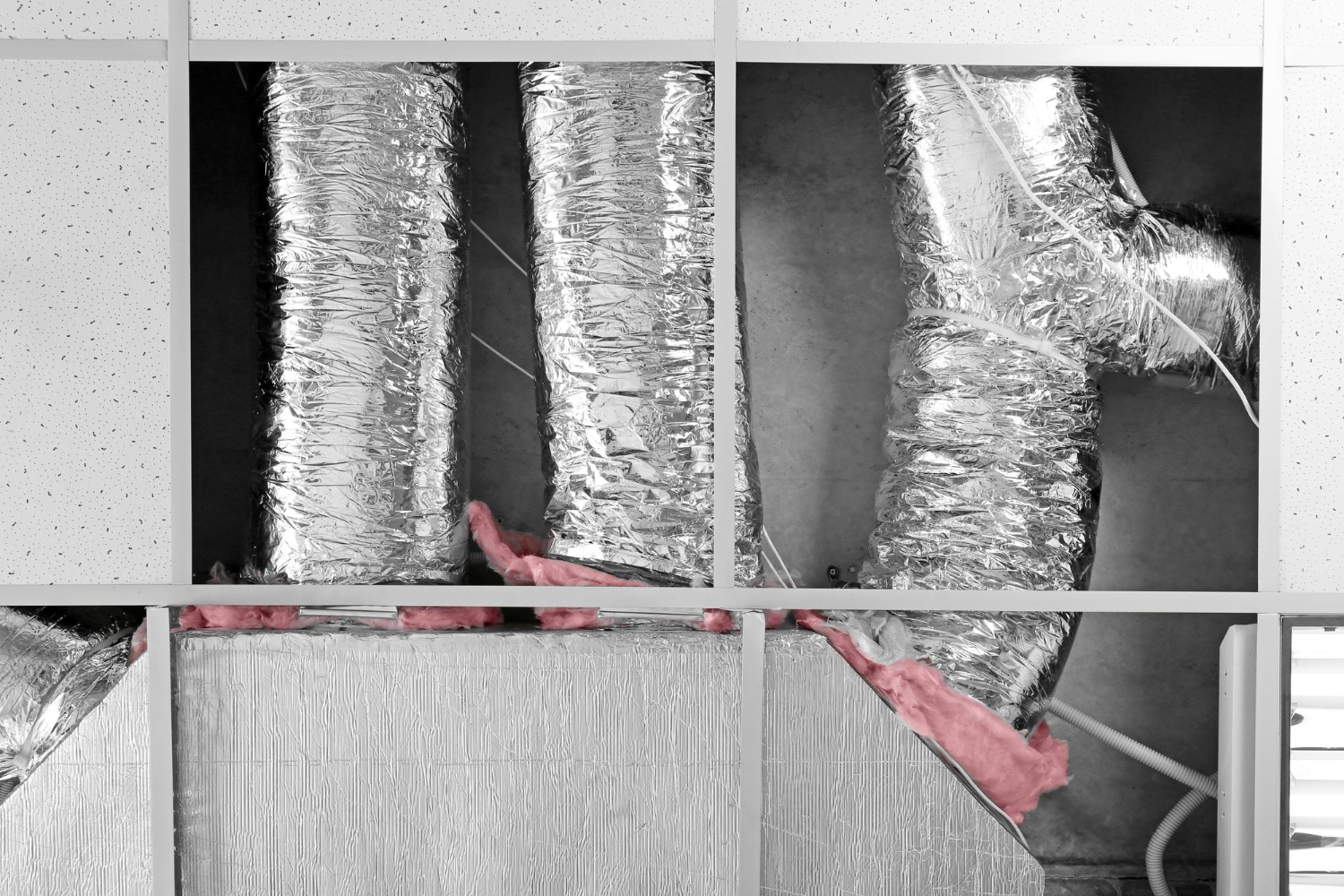































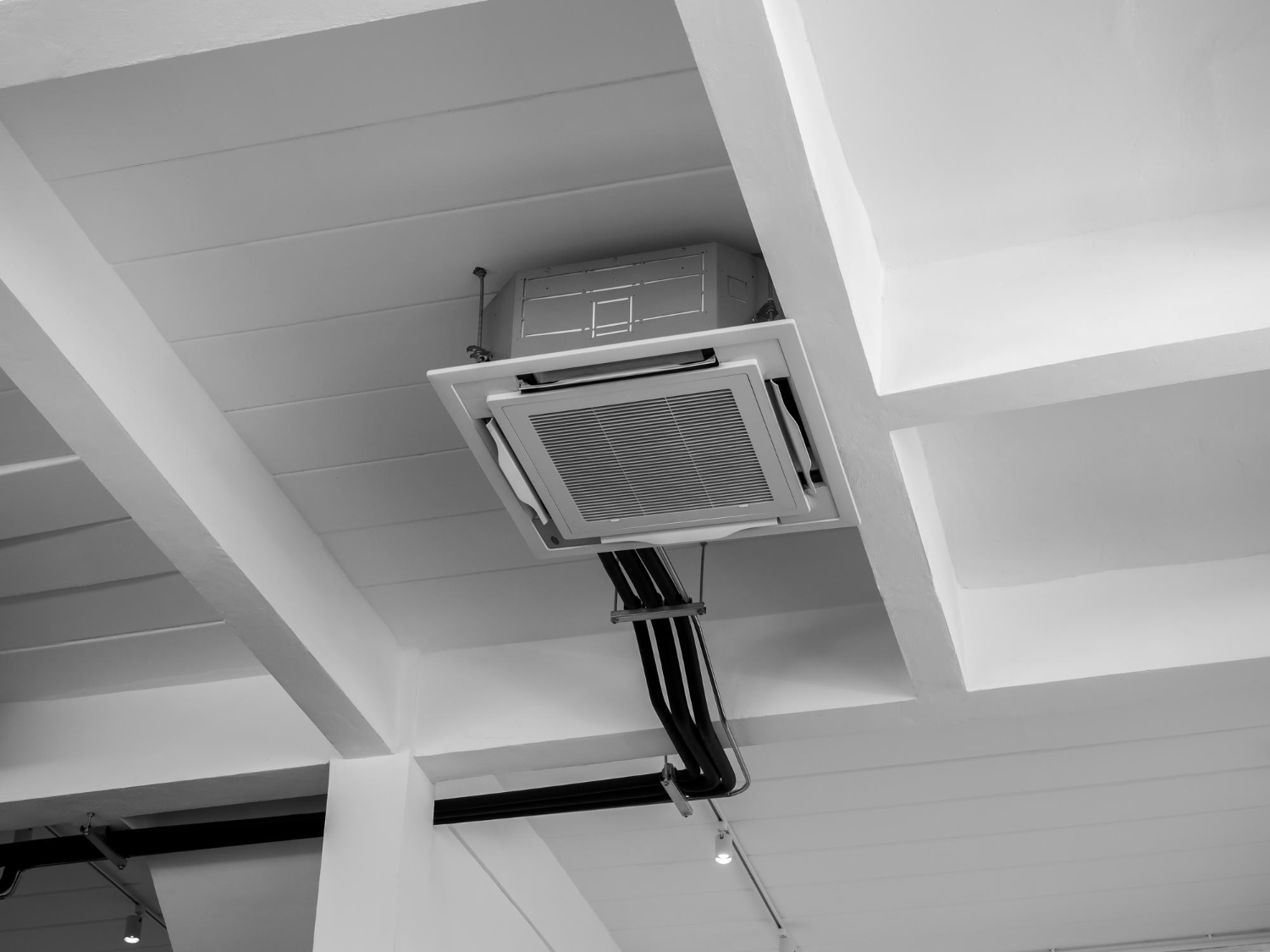




























.jpg)
.jpg)

.jpg)
.jpg)




















